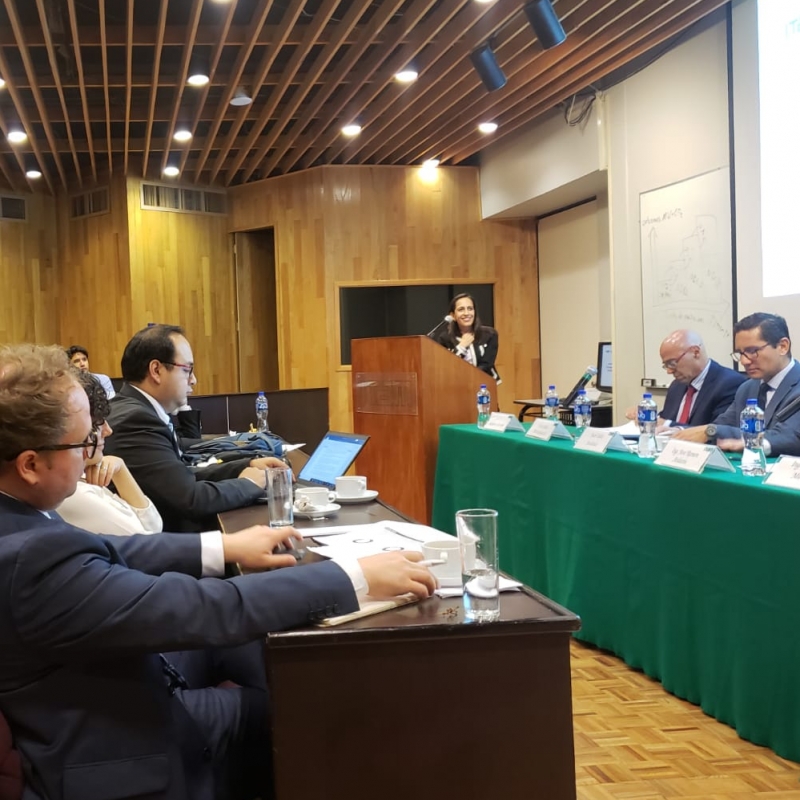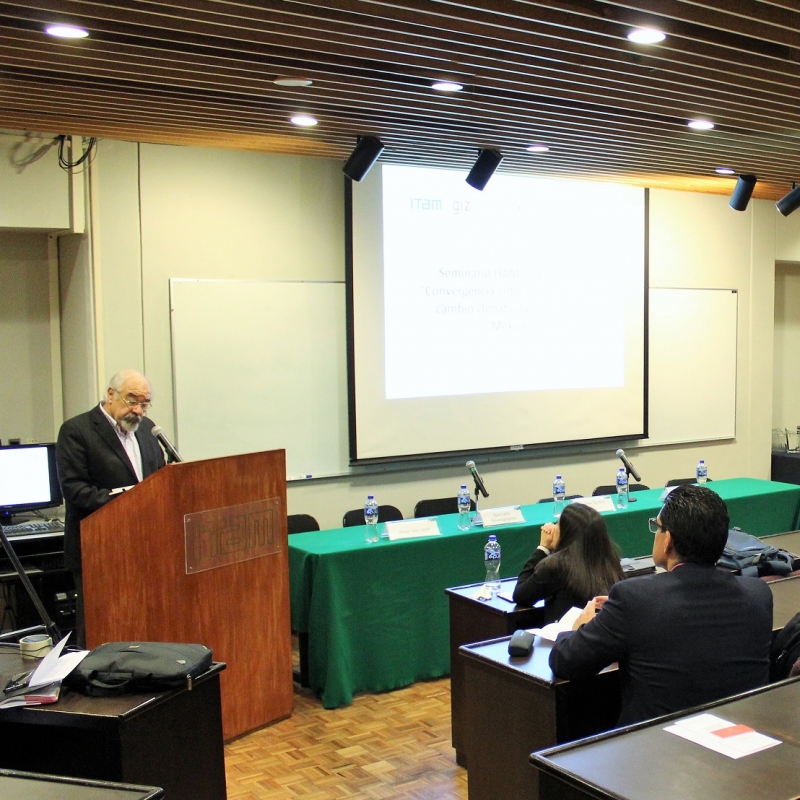To learn more about the perspectives of academic and government actors, as well as civil society and private sector organizations, about progress made towards converging climate and energy policies, the Energy and Climate Change Policy Convergence (CONECC) project held a seminar at the ITAM (Instituto Tecnológico Autónomo de México) campus.
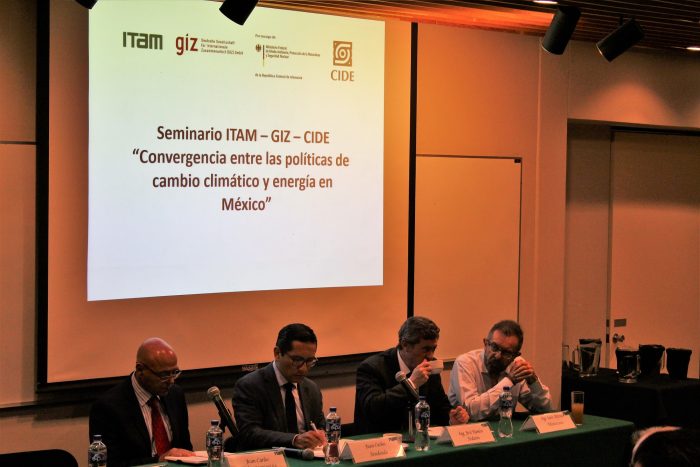
Among the most relevant conclusions from the seminar was the discussion about the recent amendments to the General Law on Climate Change, which it was agreed to play an important role for convergence since they seek to harmonize the obligations of the Paris Agreement with Mexican law, as well as suggest changes to the energy sector based on the Energy Transition. The energy sector’s fundamental role in emission mitigation was also emphasized, although it was recommended that the energy sector’s contribution should not affect its competitiveness or result in overregulation.
Participating academics also highlighted the great opportunity that private sector and civil society organizations have to persuade the new administration about the relevance of climate change and its connection to energy policy. Both should insist that the new government include climate and energy policy as an important part of its political agenda and take advantage of the policy and market windows currently in place in Mexico to make the convergence of climate and energy policies a top priority.
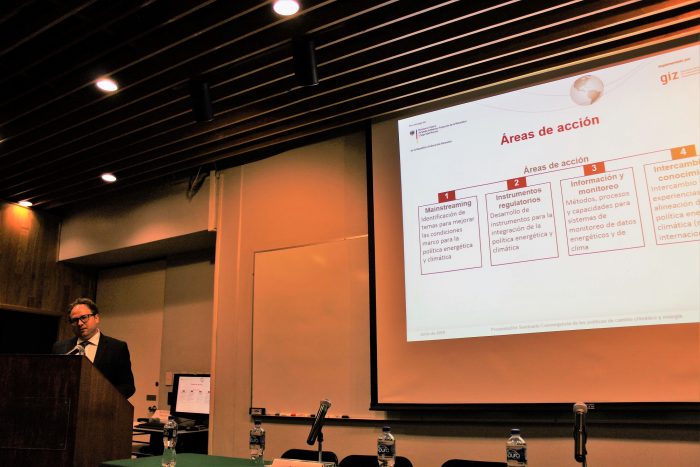
As part of the event’s knowledge exchange, Heiner von Lüpke of the German Institute for Economic Research (DIW Berlin) presented the results of his research “Integration of Climate Policies in Mexico’s Energy Sector.” Among his main findings, von Lüpke discussed the difficulties of integrating energy policies with the Nationally Determined Contribution (NDC) due to the conflicting interests of key sectors, skills limitations and a lack of political will. He also spoke about his inability to identify indicators showing a direct relationship between emissions reduction and energy sector development, which suggests that an opening still exists for integration, as well as a need to adjust policy instruments.
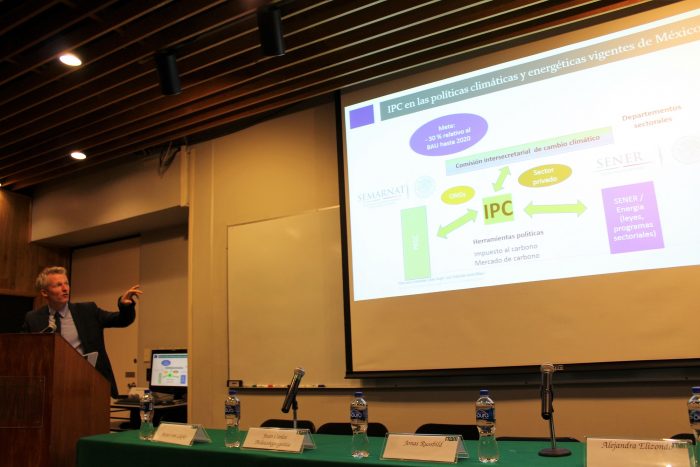
The CONECC seminar was held on June 11 and co-organized by the ITAM and the Center for Economic Research and Teaching (CIDE). It included participants from different organizations, companies and institutions, such as the Ministry of Energy (SENER), the Ministry of the Environment and Natural Resources (SEMARNAT), the Energy Regulatory Commission, the Business Coordinating Council (CCE), the Mexican Association of Hydrocarbon Companies (AMEXHI), the Climate Initiative of Mexico (ICM), Green Momentum, the World Resources Institute, the Mario Molina Center and the Mexico-Denmark Cooperation Program. The seminar served as a space for dialogue and exchange about the importance of building bridges between the climate and energy sectors.
The CONECC project aims to be the bridge between the energy and climate sectors, and integrate their policies so that the NDC can be achieved. It is implemented by the Deutsche Gesellschaft für Internationale Zusammenarbeit (GIZ) GmbH and forms part of the International Climate Initiative (IKI) dof Germany’s Federal Ministry for the Environment, Nature Conservation and Nuclear Safety Nuclear (BMU) .

